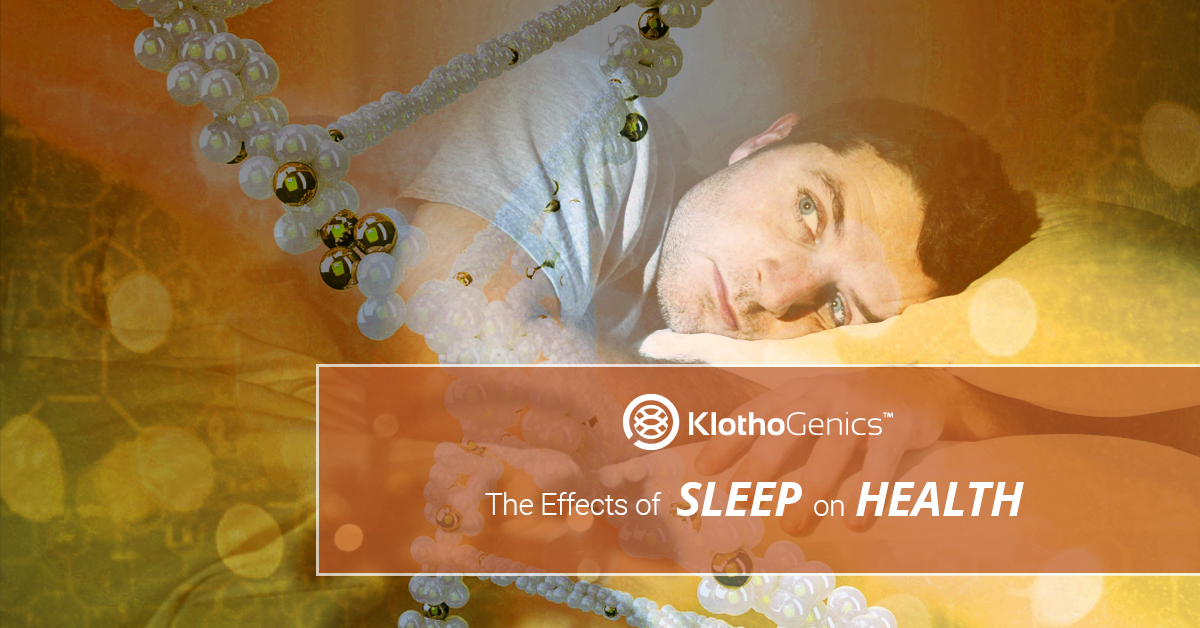Who has time to sleep?
Whether it’s finishing a work project, going out with friends, or staying up late to watch a TV series on Netflix, the last thing many of us want to do is get to bed early.

Who has time to sleep?
Whether it’s finishing a work project, going out with friends, or staying up late to watch a TV series on Netflix, the last thing many of us want to do is get to bed early.

You may think you can get by with little sleep, but sleep is critical to our day-to-day functioning. While we may believe we are resilient and can get by on little sleep, lack of sleep actually alters our gene expression.
What does that mean?
Sleep regulates a number of key physiological and behavioral functions including hormone release, insulin sensitivity, tissue and immune system repair, memory and learning, cognitive and behavior performance, removing toxins from the brain, and replenishing the brain’s energy stores.
Just one night of sleep deprivation can affect your body and mind in significant ways.
The CLOCK genes regulate various biological processes we take for granted such as body temperature, eating behaviors, processing of foods and sugars in the liver, kidney functions, and more.
When these genes are disrupted from lack of sleep, we experience repercussions such as reduced energy, fatigue, impaired glucose metabolism, inflammation, changes in the way drugs work within our bodies, and more.
If we continue disrupting these genes over time, we can change our gene expression. This change can cause increased susceptibility to metabolic syndrome, chronic inflammatory disease like rheumatoid arthritis and cancer.
Sleep is a fantastic example of one way we can impact our gene expression. If we fail to get a proper amount of sleep, gene expression can change. Note that our genes haven’t changed, but our behavior impacts the way these genes express themselves.
On the flip side, genes can tell us a lot about how we should sleep. They hold clues to:
Taking a deeper look into your genes will help you determine the amount of sleep you need to keep yourself functioning at a high level and to keep illness at bay.
While the length of time we sleep is important, there are a number of factors that impact the quality of our sleep.
Bedroom
Preparing for Sleep
Consider Sleep Aids
These steps will help you achieve better sleep, but the best way to know what your body needs is by analyzing your genes. I can help you understand the process and get you started. Visit klothogenics.com to send me a message.